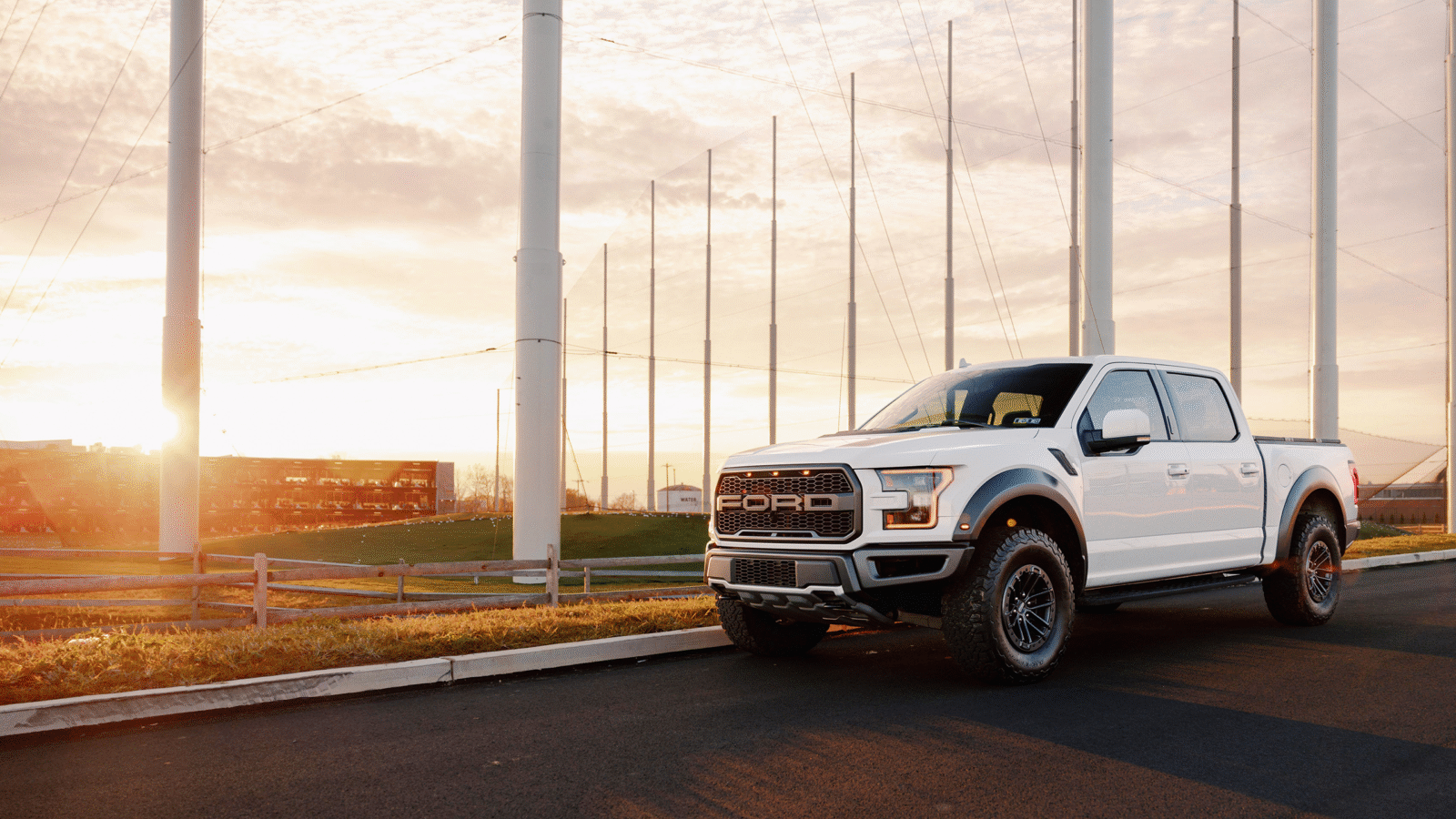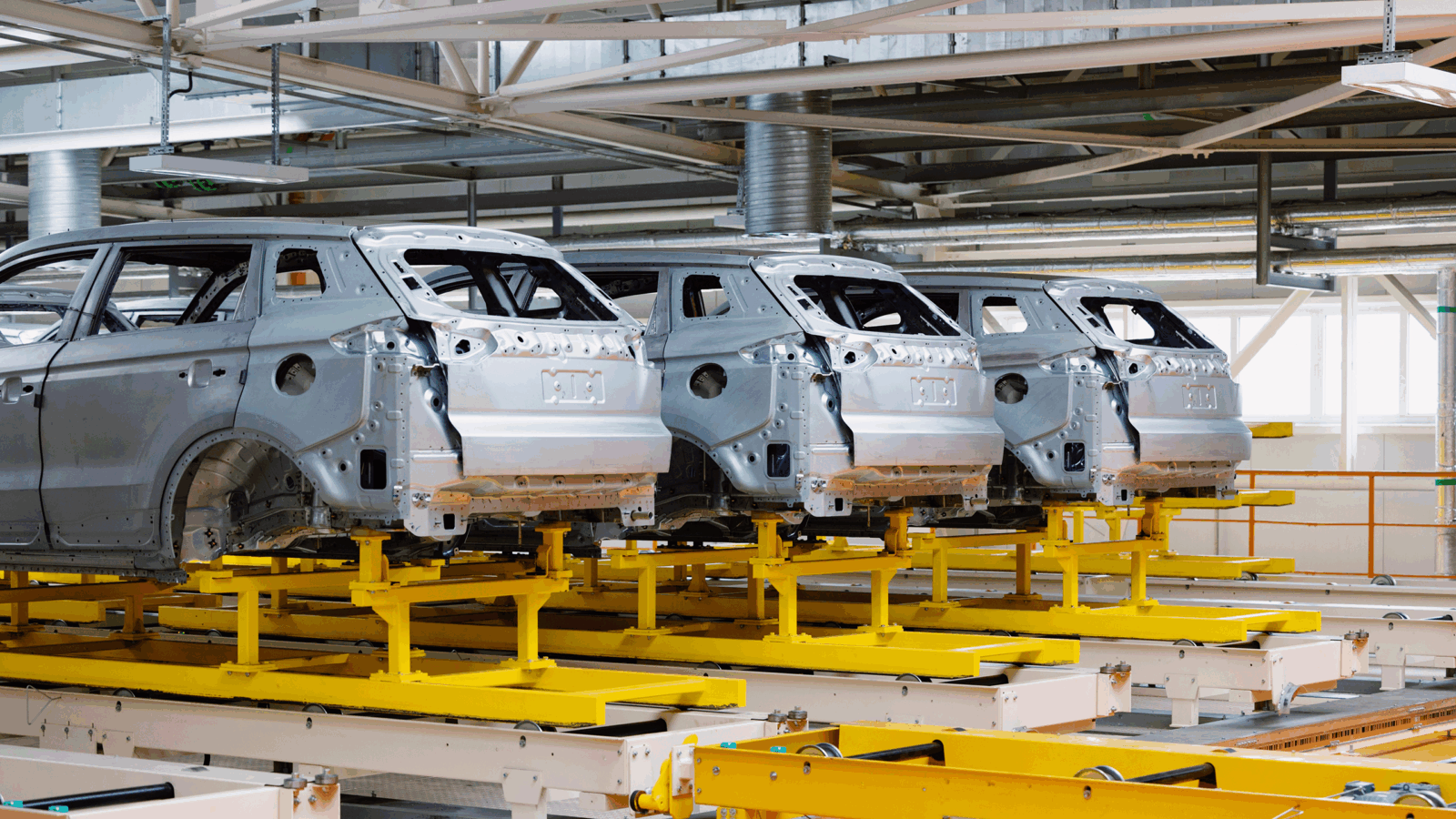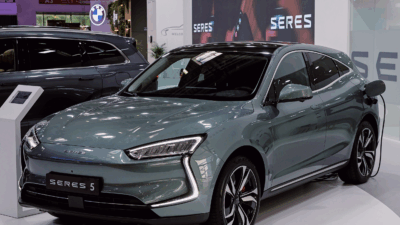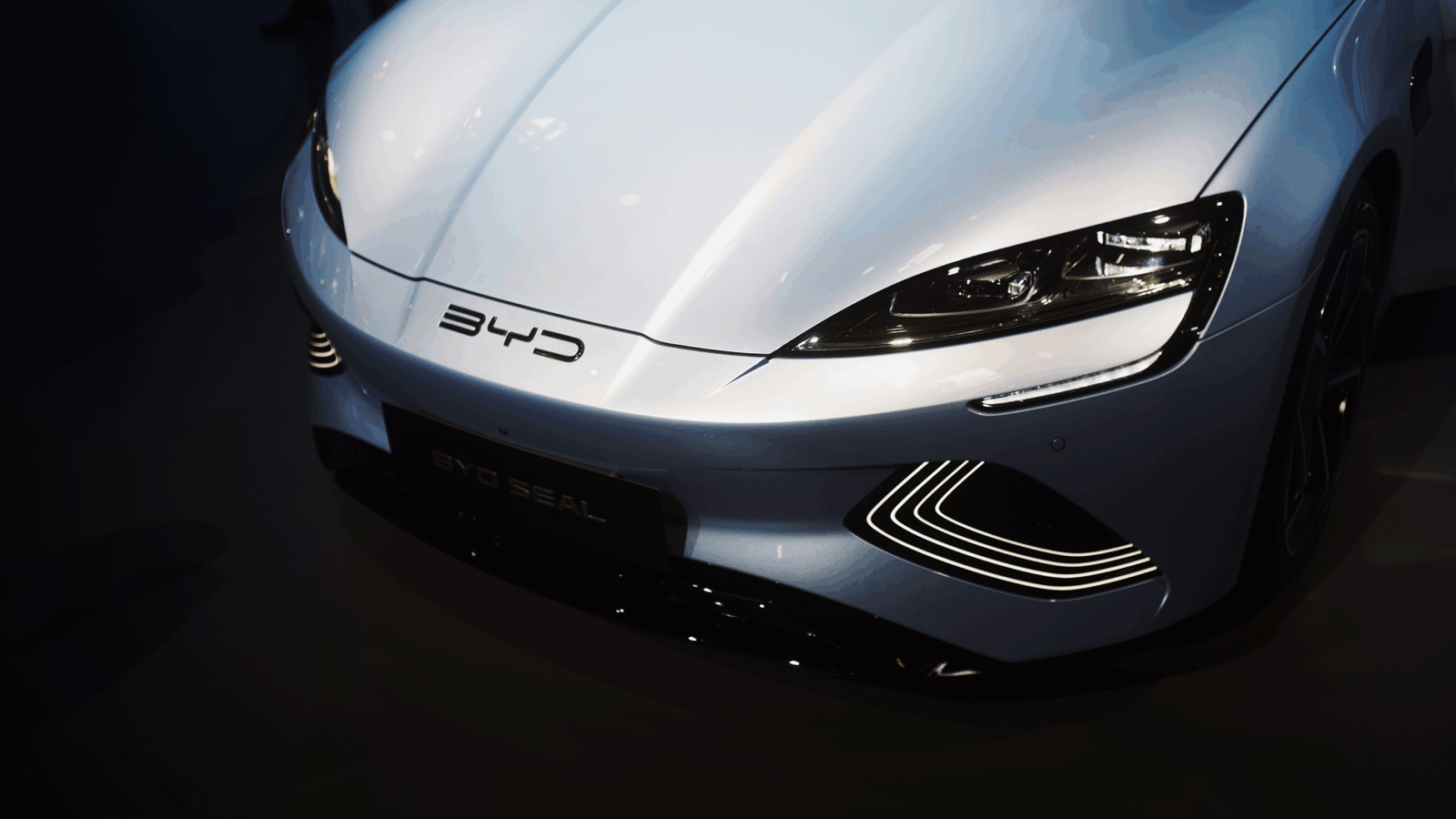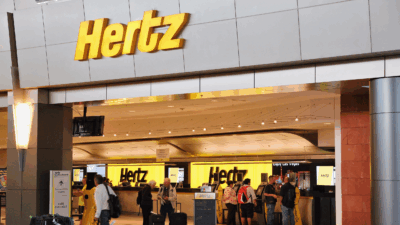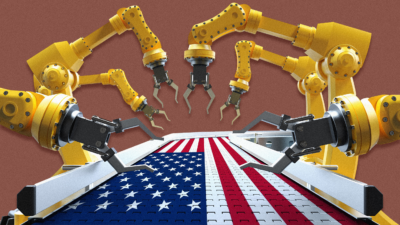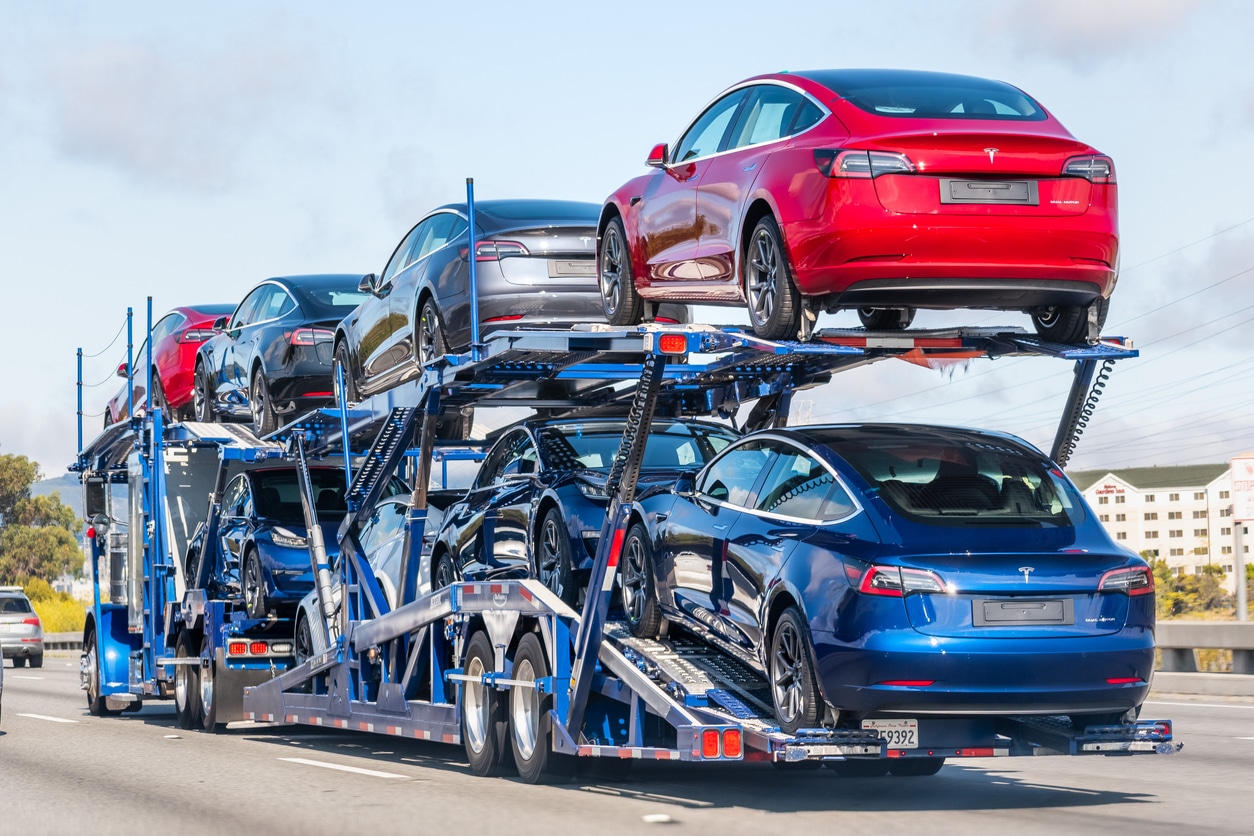
Sign up for smart news, insights, and analysis on the biggest financial stories of the day.
A feud has broken out between some of America’s biggest carmakers and the dealers that sell their cars, although the hardest punches have landed on a group of innocent bystanders: consumers.
New data reveals US car dealerships are jacking up prices on new cars at unheard of rates, with the share of sales of marked-up vehicles jumping 26 times in a year. To their credit, Ford and General Motors (GM) are so angry about it they’ve threatened to cut dealers off if they won’t stick to auto manufacturers’ suggested prices.
Hungry Like the Lone Wolf Salesperson
When auto manufacturers slowed, or in some cases paused, their production lines in 2020 to offset the drop in demand at the beginning of the pandemic, car prices fell. If you were lucky enough to buy a car then, congratulations. If you were not so lucky, as you know markets soared last year and economies began to reopen, which sent consumers looking for the open road, spiking demand.
Supply chains also got snarled– especially because of the global microchip shortage– and only about 15 million vehicles were sold in the US last year, according to Cox Automotive. That’s a slim uptick from the 14.6 million sold in 2020. But the surge in demand and the limits on production have allowed car dealerships to jack up prices at unbelievable extremes:
- Over 80% of car buyers in the US paid above the manufacturer’s suggested retail price (MSRP) in January, according to research firm Edmunds — last January, that was the case for 2.8% of buyers and a mere 0.3% in 2020.
- On average, Americans who bought a car last month paid $728 more than the MSRP, and markups on popular sedans and compacts were even more extreme: Hyundai and Honda got it the worst with their cars selling $1,863 and $1,523 above the MSRP.
Ford and General Motors have threatened to withhold vehicles from dealerships, which can ultimately set their own prices for vehicles, if they don’t stop charging a premium, a practice GM called “unethical.”
Electric Escape: Traditional auto manufacturers are often required by state law to sell through dealerships, which aren’t doing themselves any favors by making the direct-sales model of electric vehicle (EV) manufacturers Tesla, Rivian, and Lucid look more appealing. Last year, Vermont passed a law allowing manufacturers to open their own dealerships to sell EVs, and other states are considering similar bills. That could be a huge deal as traditional manufacturers electrify their fleets.
